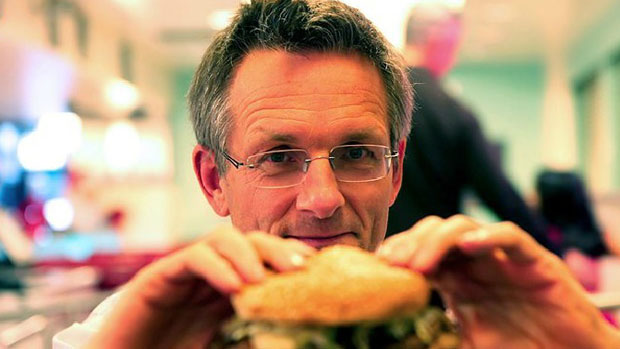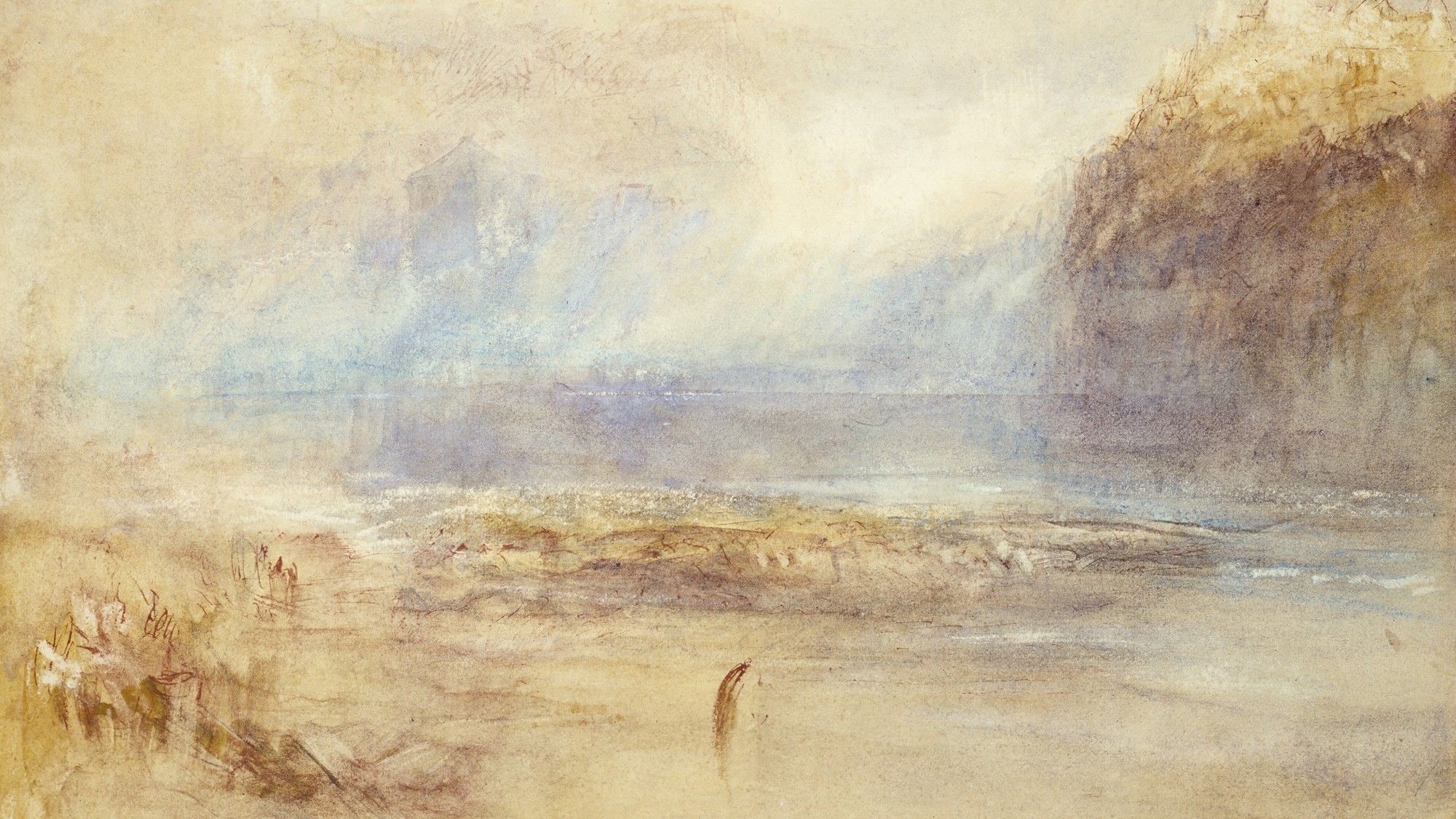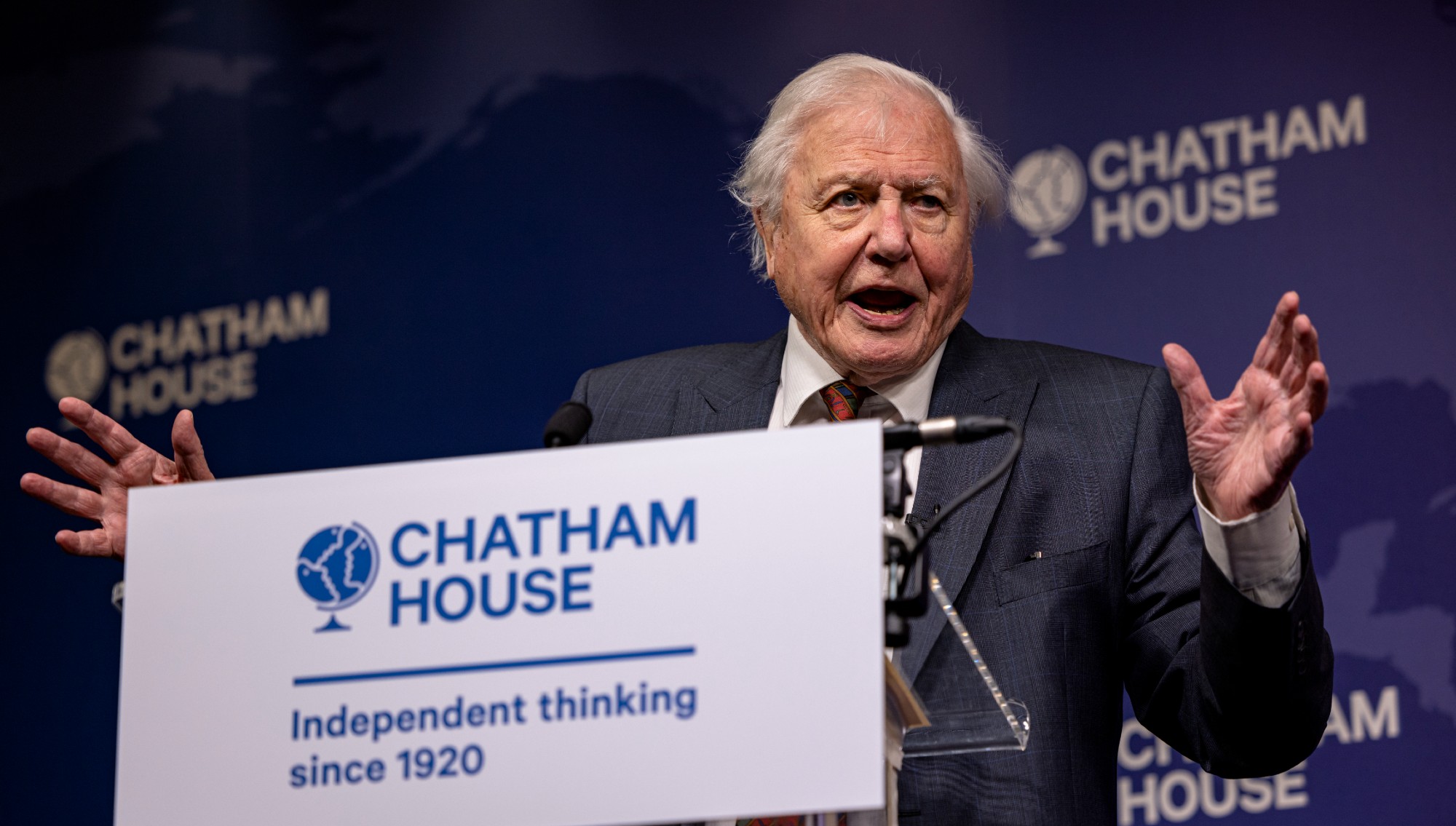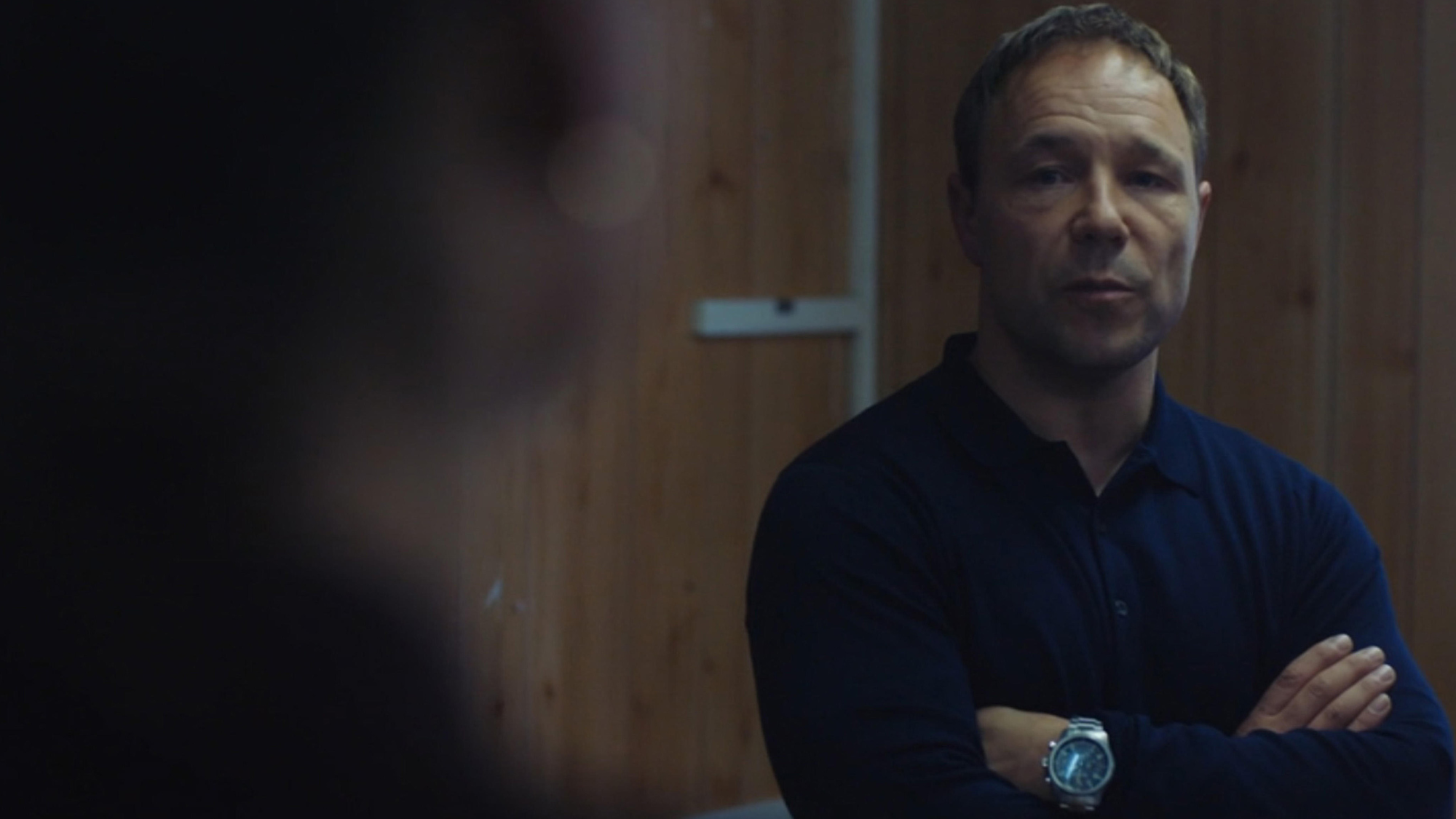Should I Eat Meat? Dubious science spoils BBC2 dish
The answer to the question 'Is meat bad for you?' remains the same – Yes and No

A free daily email with the biggest news stories of the day – and the best features from TheWeek.com
You are now subscribed
Your newsletter sign-up was successful
In the first few minutes of his Horizon film on the health implications of eating meat, Dr Michael Mosley set out his preconceptions: he is a modest but enthusiastic carnivore, and he is sceptical about recent health scares trumpeting the dangers of an animal-based diet.
Perhaps this approach should be adopted more widely, with reporters and presenters prefacing each story with a list of their own prejudices. As it is, convention suggests that bias, if revealed, is about to be subverted.
Nevertheless, Should I Eat Meat? (BBC2) began with a recap of the reasons why that question might be answered with a resounding Yes. Meat is a good source of protein, iron, vitamin B12 and zinc, say the medical sources, and "saturated fat may not be quite the bogeyman we once thought".
The Week
Escape your echo chamber. Get the facts behind the news, plus analysis from multiple perspectives.

Sign up for The Week's Free Newsletters
From our morning news briefing to a weekly Good News Newsletter, get the best of The Week delivered directly to your inbox.
From our morning news briefing to a weekly Good News Newsletter, get the best of The Week delivered directly to your inbox.
So how has an appetite for red meat come to be linked with an early grave?
Numerous studies have linked animal products with heart disease, strokes, cancer and diabetes, but the latest round of headlines stems from a study published in 2012 by the Harvard School of Public Health.
It found that a daily portion of unprocessed red meat led to a 13 per cent increase in annual mortality rates, while a daily portion of processed meat, such as bacon, salami or sausages, raised mortality rates by 20 per cent.
However, that study has not gone unchallenged. The 2013 European Prospective Investigation into Cancer and Nutrition (Epic) presented a more complex picture.
A free daily email with the biggest news stories of the day – and the best features from TheWeek.com
Although it too reported that a daily portion of processed meat raised mortality rates by 20 per cent, it found no link between a moderate intake of unprocessed red meat and increased mortality. In fact, it suggested that eating a little red meat, up to 80g per day, is healthier than eating none at all.
And even if meat is slowly killing us, it may not be doing so in the way we previously thought. Evidence is mounting that it's not saturated fat but a substance called L-carnitine, found in lean meat, which encourages cholesterol to clog our arteries.
If that all sounds like a long-winded way of saying that the science is inconclusive, you'll have a sense of the pace of this hour-long documentary.
To pad out the limited hard science it contained, Dr Mosley took several long detours that added little of substance to the argument. He visited some American Seventh-Day Adventists, who eat very little meat and live, on average, for seven years longer than their compatriots – but how much of that advantage can be put down to diet is unclear. Adventists are also less likely than the general population to smoke and drink.
He also dedicated a significant amount of airtime to a scientifically dubious personal experiment, in which he doubled his intake of red and processed meat, and had a doctor take measurements before and after.
Mosley professed himself to be shocked by the results – higher cholesterol, raised blood pressure and an extra 3kg of abdominal fat. Maybe that is a big change in a month, but the revelation that eating more fatty food will make you more fat does not seem earth-shattering.
Even though it came with warnings about its non-scientific nature, the experiment seemed disingenuous.
It ignored the question of whether it was saturated fat that pushed up Mosley's cholesterol, or lean red meat – or whether it was all the processed meat that did the damage. Instead it reverted to the idea that meat could be deemed simply good or bad.
In other words, it blurred all the scientific distinctions that the rest of the programme had been working to establish.
It raised another question, too: knowing that a bigger change would make for better TV, could Mosley, perhaps unconsciously, have sabotaged his health in other ways? Perhaps he took less exercise, drank more, or gave in more easily to the temptation of pudding for the duration of the trial.
The desire to put a human face on dry statistics is understandable, but Professor Sir David Speigelhalter of Cambridge University had already expressed the mortality rates in admirably eye-catching terms.
Imagine two 40-year-old men, he said. One eats two rashers of bacon a day for the rest of his life, and the other doesn’t. If the Harvard study is right, and all else is equal, the bacon eater can expect to die at 78 and his abstinent friend at 80. What that means when you break it down is that each daily portion costs him an hour of his life.
Sometimes, though, that seems a reasonable price to pay for a good bacon sandwich.
The second part of Should I Eat Meat?, addressing the impact of meat production on the environment, is on BBC2 on Wednesday at 9pm
Holden Frith is The Week’s digital director. He also makes regular appearances on “The Week Unwrapped”, speaking about subjects as diverse as vaccine development and bionic bomb-sniffing locusts. He joined The Week in 2013, spending five years editing the magazine’s website. Before that, he was deputy digital editor at The Sunday Times. He has also been TheTimes.co.uk’s technology editor and the launch editor of Wired magazine’s UK website. Holden has worked in journalism for nearly two decades, having started his professional career while completing an English literature degree at Cambridge University. He followed that with a master’s degree in journalism from Northwestern University in Chicago. A keen photographer, he also writes travel features whenever he gets the chance.
-
 How the FCC’s ‘equal time’ rule works
How the FCC’s ‘equal time’ rule worksIn the Spotlight The law is at the heart of the Colbert-CBS conflict
-
 What is the endgame in the DHS shutdown?
What is the endgame in the DHS shutdown?Today’s Big Question Democrats want to rein in ICE’s immigration crackdown
-
 ‘Poor time management isn’t just an inconvenience’
‘Poor time management isn’t just an inconvenience’Instant Opinion Opinion, comment and editorials of the day
-
 Turner: The Secret Sketchbooks – a fascinating portrait of the great painter
Turner: The Secret Sketchbooks – a fascinating portrait of the great painterThe Week Recommends BBC2 documentary examines the rarely seen sketchbooks of the enigmatic artist
-
 Dianarama examines the ‘extraordinary scale’ of Martin Bashir’s lies
Dianarama examines the ‘extraordinary scale’ of Martin Bashir’s liesThe Week Recommends Andy Webb’s book is packed with ‘astonishing’ allegations surrounding Princess Diana’s 1995 Panorama interview
-
 Eurovision faces its Waterloo over Israel boycotts
Eurovision faces its Waterloo over Israel boycottsTalking Point Five major broadcasters have threatened to pull out of next year’s contest over Israel’s participation
-
 Unforgivable: harrowing drama about abuse and rehabilitation
Unforgivable: harrowing drama about abuse and rehabilitationThe Week Recommends 'Catastrophic impact' of abuse is explored in 'thought-provoking' series
-
 How to go on your own Race Across the World
How to go on your own Race Across the WorldThe Week Recommends The BBC hit show is inspiring fans to choose low-budget adventures
-
 The top period dramas to stream now
The top period dramas to stream nowThe Week Recommends Heaving bosoms and billowing shirts are standard fare in these historical TV classics
-
 David Attenborough at 99: a 'radical' voice for climate action
David Attenborough at 99: a 'radical' voice for climate actionIn The Spotlight In his new film 'Ocean', TV's best-known naturalist delivers his strongest message yet
-
 Stephen Graham's best TV and film roles
Stephen Graham's best TV and film rolesThe Week Recommends From Line of Duty to Adolescence, these are the prolific actor's must-watch projects